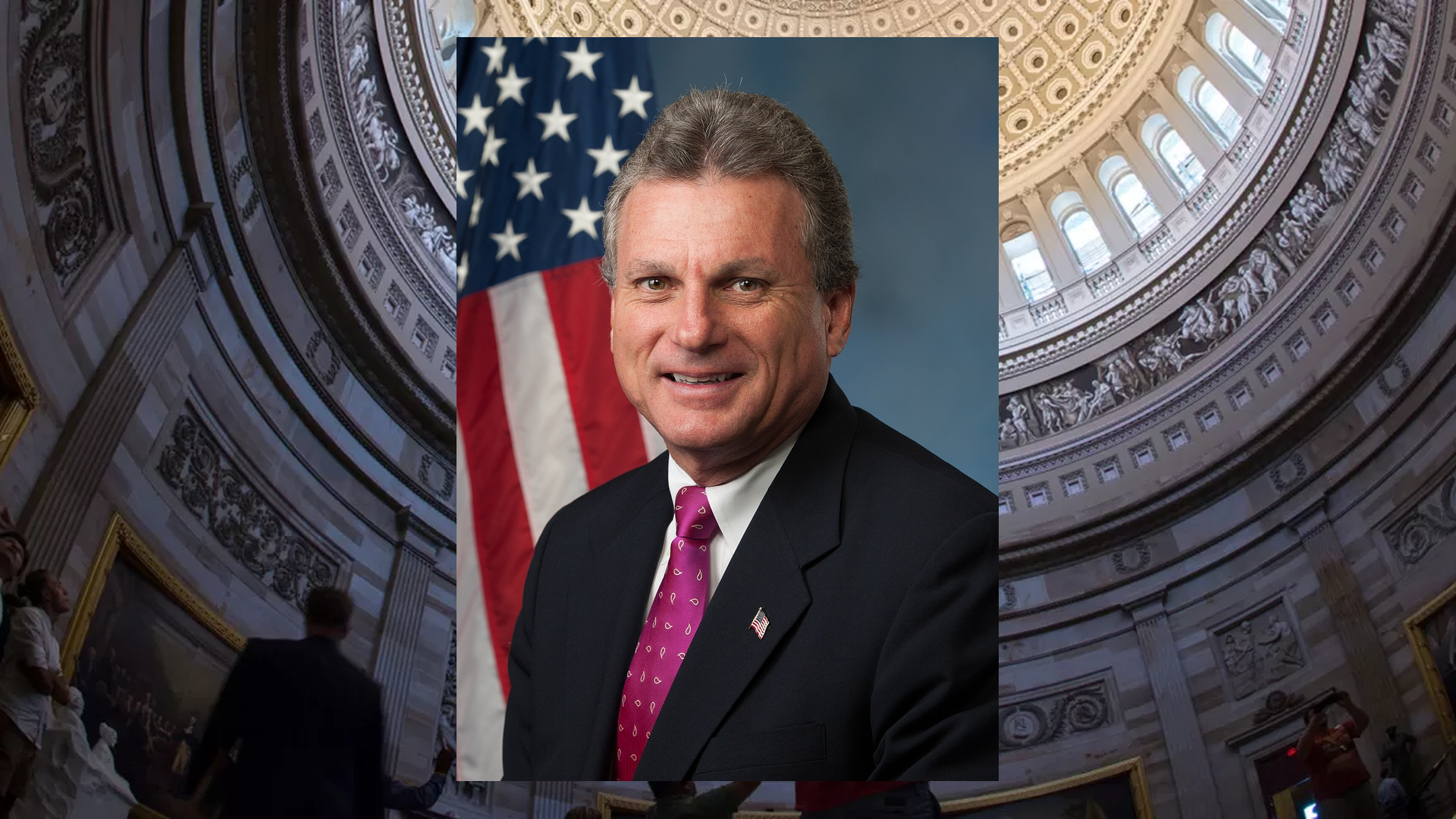We have received text from H.R. 4218: Clean Air and Economic Advancement Reform Act. This bill was received on 2025-06-27, and currently has 6 cosponsors.
Here is a short summary of the bill:
This bill, known as the Clean Air and Economic Advancement Reform Act (or CLEAR Act), aims to amend the Clean Air Act with several key changes focused on air quality standards and state implementation. Below are the main provisions of the bill:
Timeline for National Air Quality Standards
The bill extends the review timeline for national ambient air quality standards from five years to ten years . This means that the government would evaluate and potentially update these air quality standards less frequently, giving states more time to comply with them.
Consideration of Attainability
It introduces a provision allowing the Administrator of the Environmental Protection Agency (EPA) to consider the likelihood that states can achieve the air quality standards when establishing or revising those standards. This means that if there is a range of acceptable air quality levels to protect public health, the difficulty in achieving those levels may be factored into decisions regarding standards.
State Plan Corrections
The bill would require the EPA to give states at least one year to submit a corrections plan if a federal implementation plan is needed. If a state provides such a plan to address deficiencies, the EPA could take up to three years to finalize the federal plan instead of the usual two years.
Ozone Nonattainment Areas
For areas classified as extreme ozone nonattainment zones, the bill states that contingency measures are not required. This provision aims to ease regulatory burdens on states struggling with severe air quality challenges.
Economic Feasibility Considerations
In addressing nonattainment areas for ozone, the bill requires state plans to incorporate both technological achievability and economic feasibility in order to comply with air quality standards, emphasizing the economic implications of achieving these standards.
Wildfire and Exceptional Events
The bill specifies the definition of "exceptional events" and includes provisions for actions to mitigate wildfire risks. Examples of exceptional events that may affect air quality include natural disasters or unique events that are unlikely to recur. It aims for greater clarity on which emissions can be excluded from regulatory penalties under the Clean Air Act due to such events.
Regulatory Sanctions
The legislation also outlines that a state cannot face sanctions or fees for failing to meet air quality standards if they can demonstrate that factors beyond their control—like emissions from outside the area—contributed to the violation.
Technical Advisory Committees
The bill proposes an enhancement to the Clean Air Scientific Advisory Committee to ensure it includes a broader representation from state air pollution control agencies across different regions. This would allow for more geographically diverse input on air quality standards and their implications.
Public Health and Economic Impact Assessment
Lastly, before setting new air quality standards, the Administrator must assess potential adverse effects on public health, welfare, and the economy, incorporating public input into this evaluation.
Relevant Companies
- NEE (NextEra Energy, Inc.) - Potential impacts on operations due to changes in regulatory burdens or requirements for emissions reductions.
- DUK (Duke Energy Corporation) – Changes in compliance strategies for air quality regulations may affect operational costs and planning.
- AEP (American Electric Power Company) - Could face regulatory adjustments in terms of emissions standards and compliance timelines.
Representative Earl L. "Buddy" Carter Bill Proposals
Here are some bills which have recently been proposed by Representative Earl L. "Buddy" Carter:
- H.R.4317: To assure pharmacy access and choice for Medicare beneficiaries, and for other purposes.
- H.R.4218: To amend the Clean Air Act to facilitate State implementation of national ambient air quality standards, and for other purposes.
- H.R.3950: To defend women's rights and protect freedom of conscience by using clear and accurate language and policies recognizing that women are biologically female and men are biologically male, and for other purposes.
- H.R.3059: Streamlining Critical Mineral Permitting Act
- H.R.2926: National Energy Dominance Council Act of 2025
- H.R.2821: FDA Modernization Act 3.0
You can track bills proposed by Representative Earl L. "Buddy" Carter on Quiver Quantitative's politician page for Carter.
Representative Earl L. "Buddy" Carter Net Worth
Quiver Quantitative estimates that Representative Earl L. "Buddy" Carter is worth $27.8M, as of July 15th, 2025. This is the 35th highest net worth in Congress, per our live estimates.
Carter has approximately $3.4M invested in publicly traded assets which Quiver is able to track live.
You can track Representative Earl L. "Buddy" Carter's net worth on Quiver Quantitative's politician page for Carter.
Representative Earl L. "Buddy" Carter Stock Trading
We have data on up to $23.1M of trades from Representative Earl L. "Buddy" Carter, which we parsed from STOCK Act filings. Some of the largest trades include:
- A July 19th, 2024 sale of up to $250K of $ABCB. The stock has risen 16.58% since then.
You can track Representative Earl L. "Buddy" Carter's stock trading on Quiver Quantitative's politician page for Carter.
This article is not financial advice. See Quiver Quantitative's disclaimers for more information.




